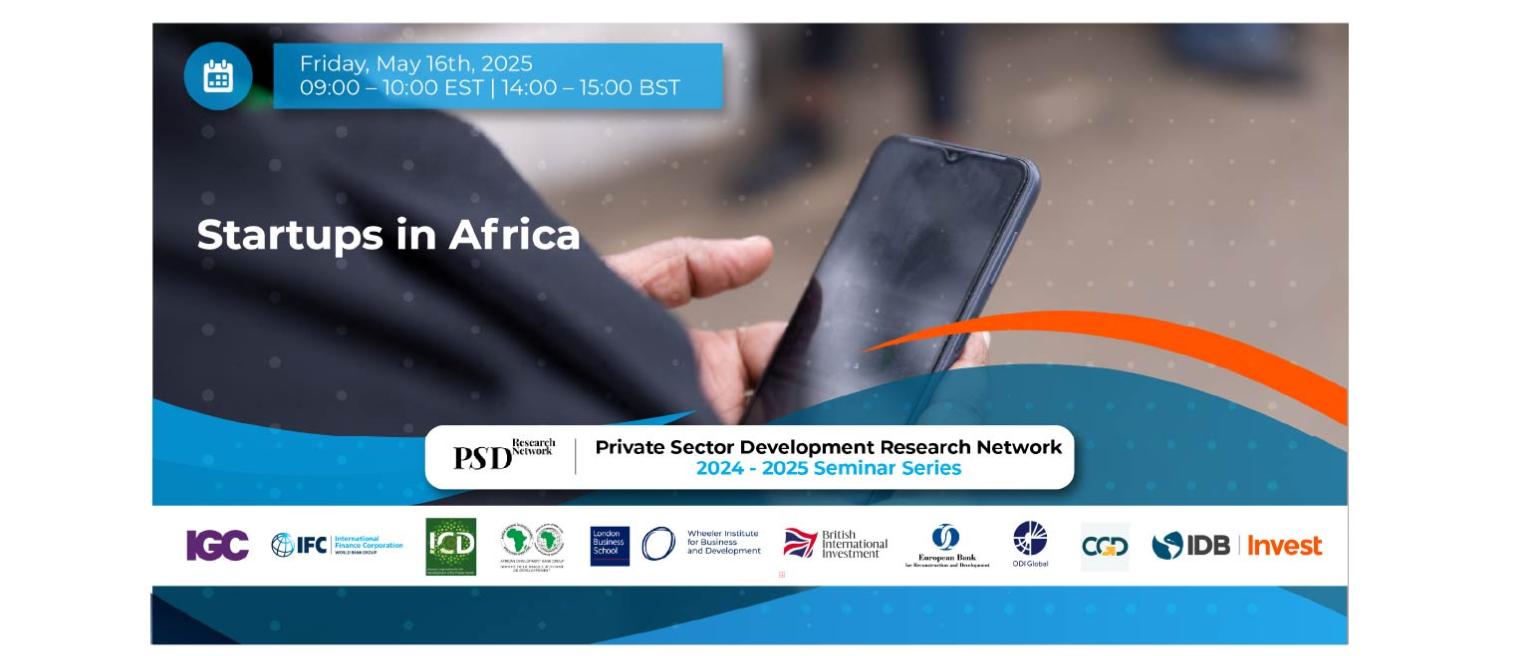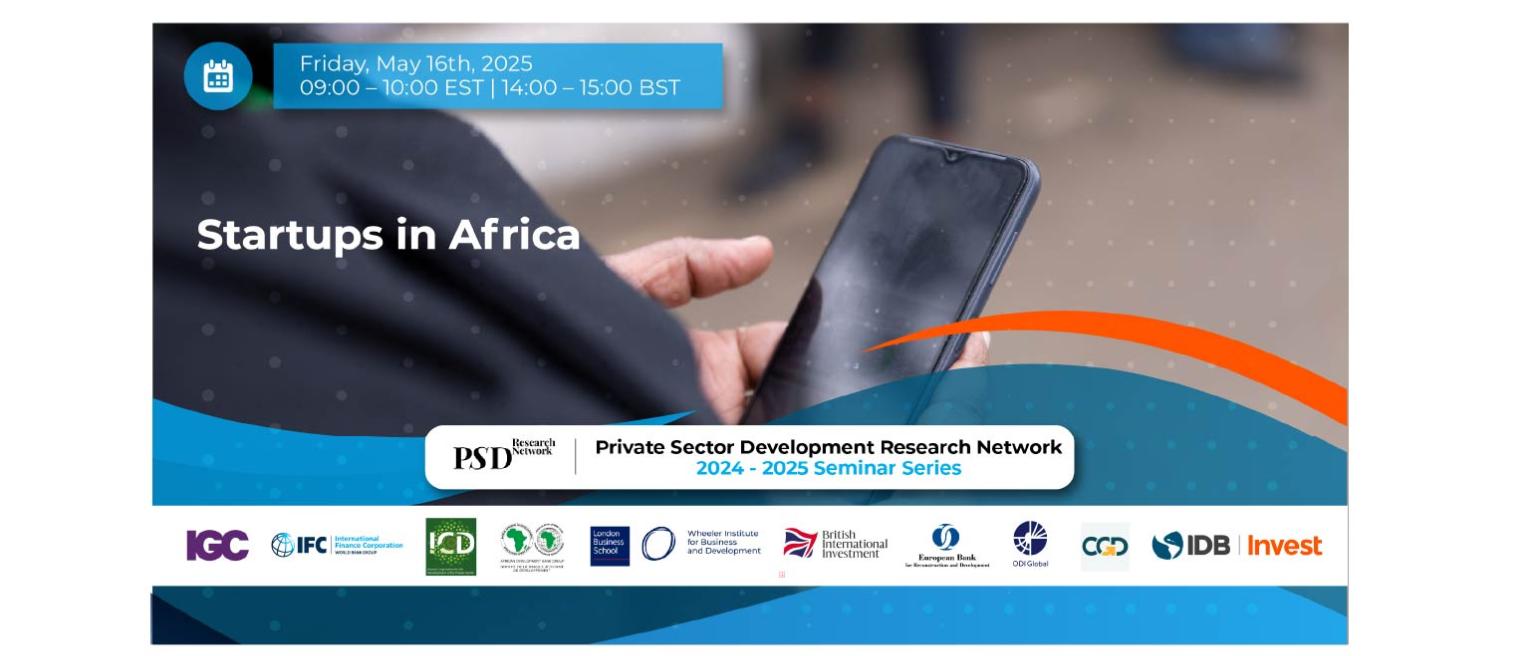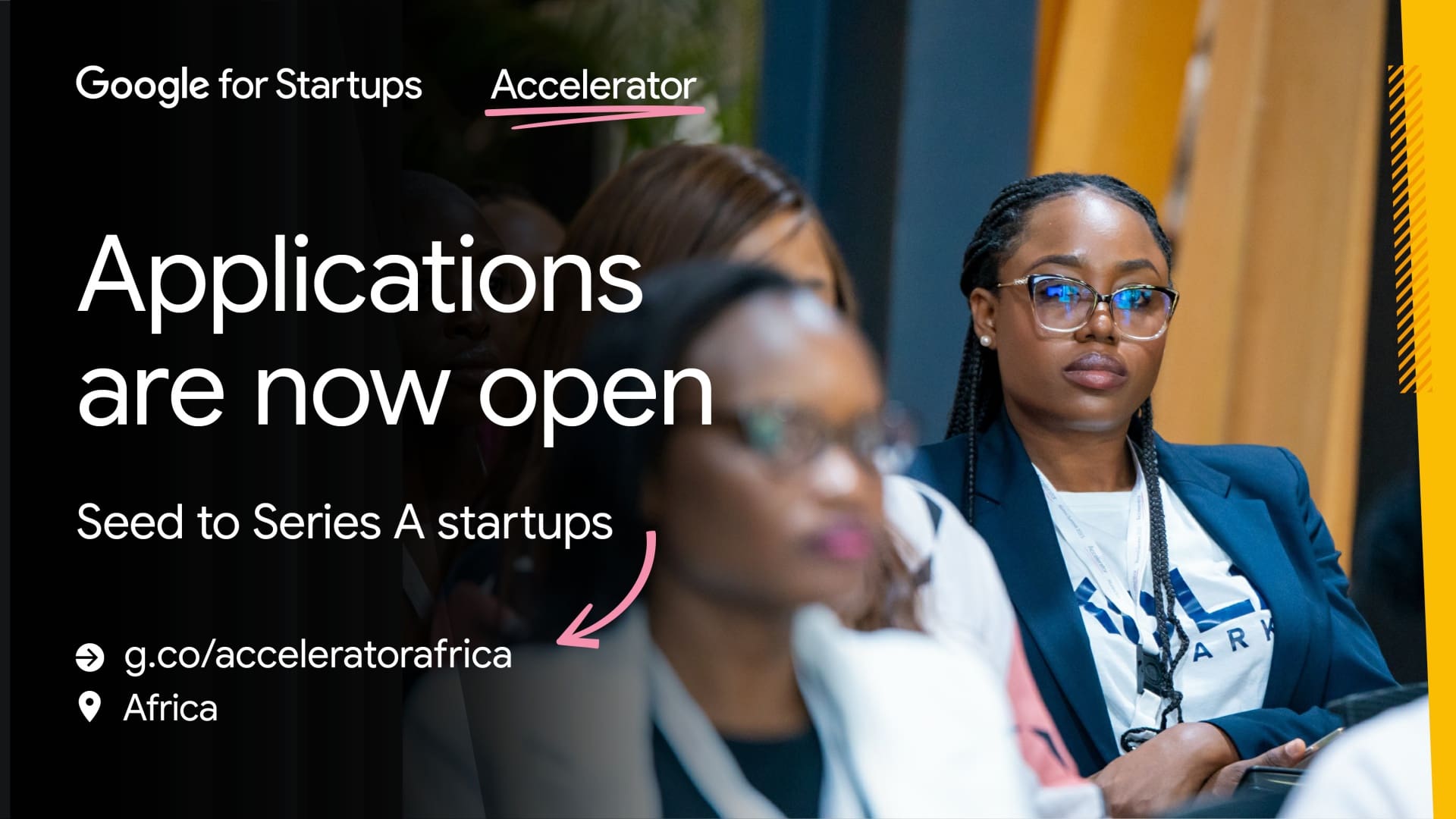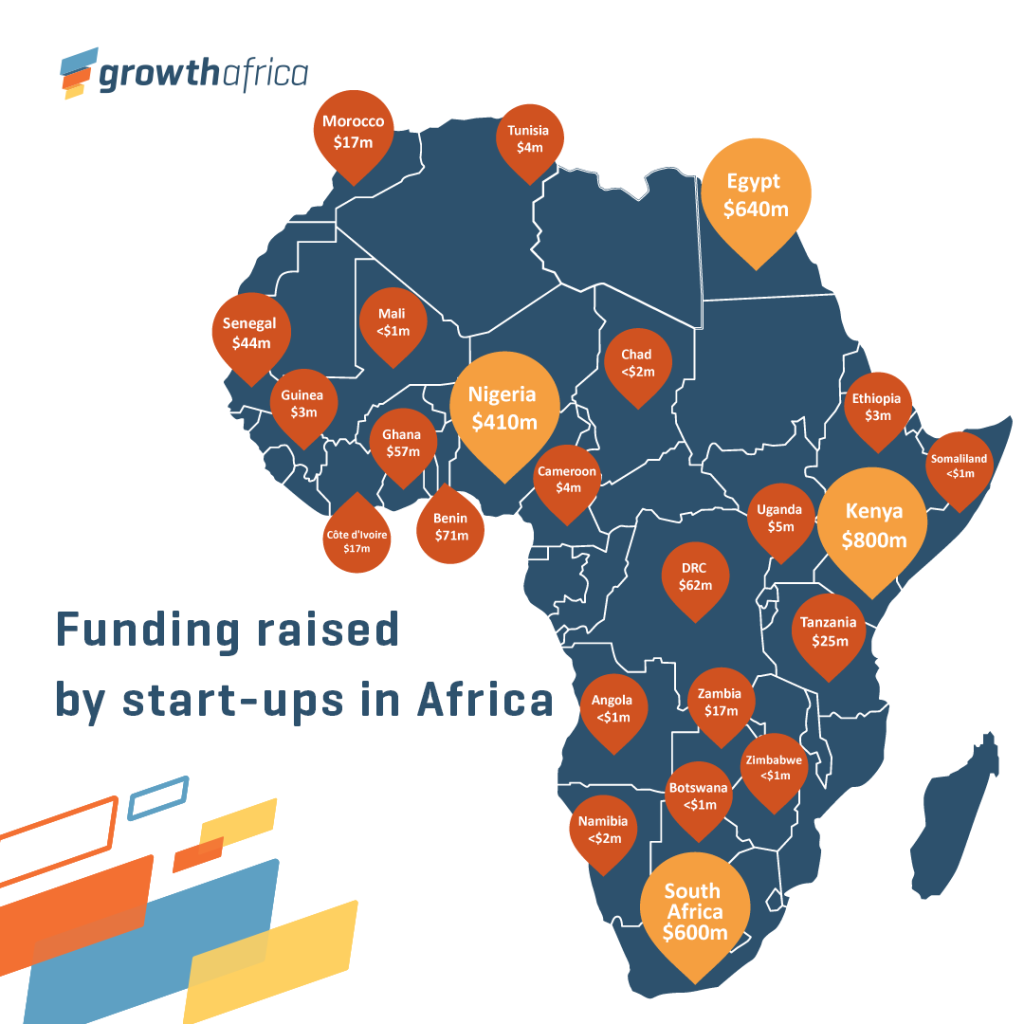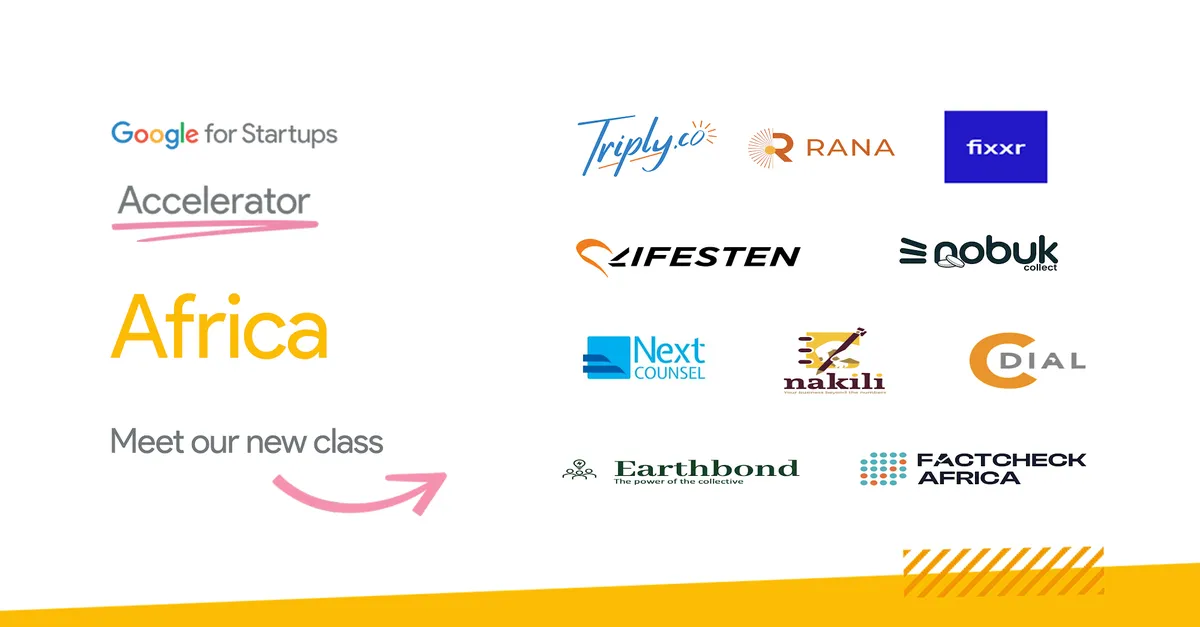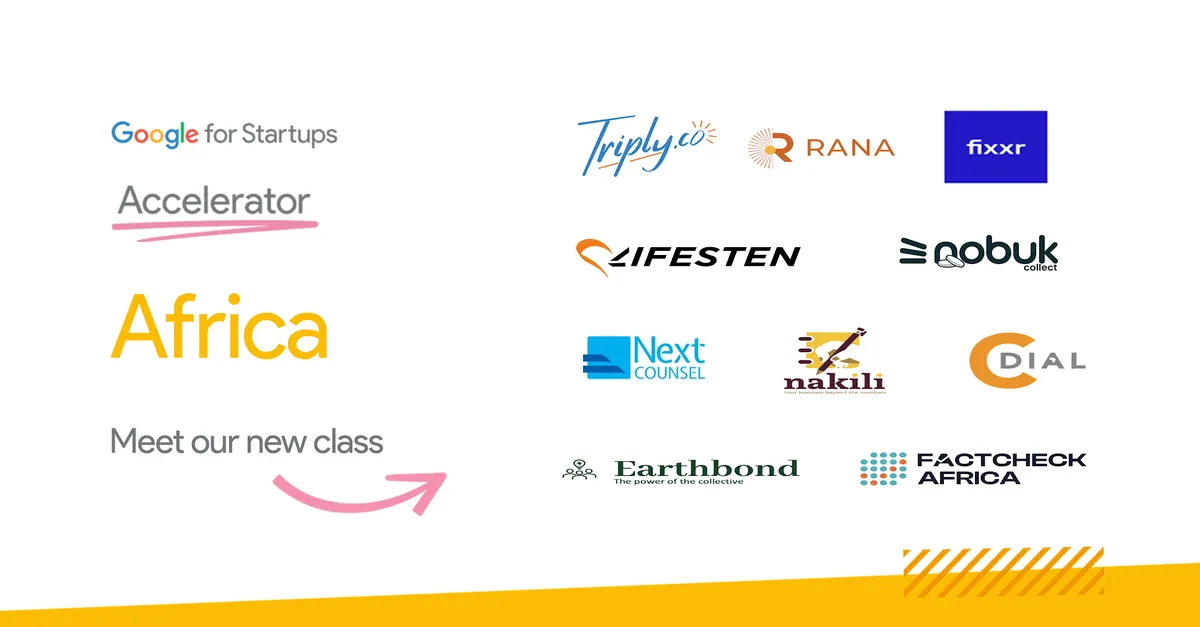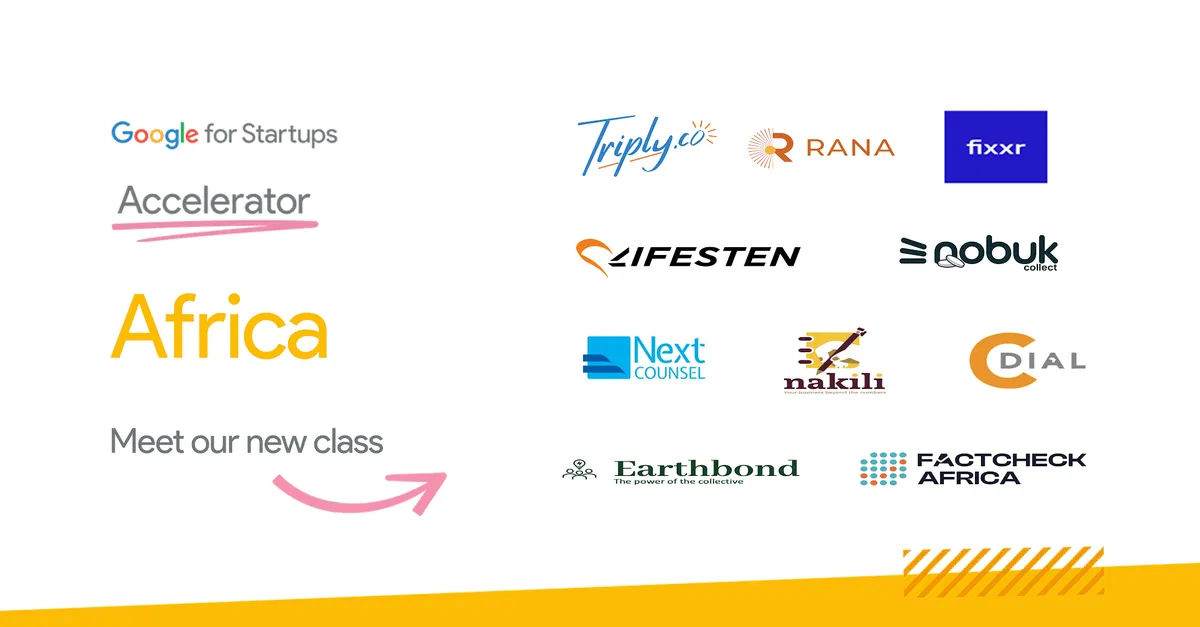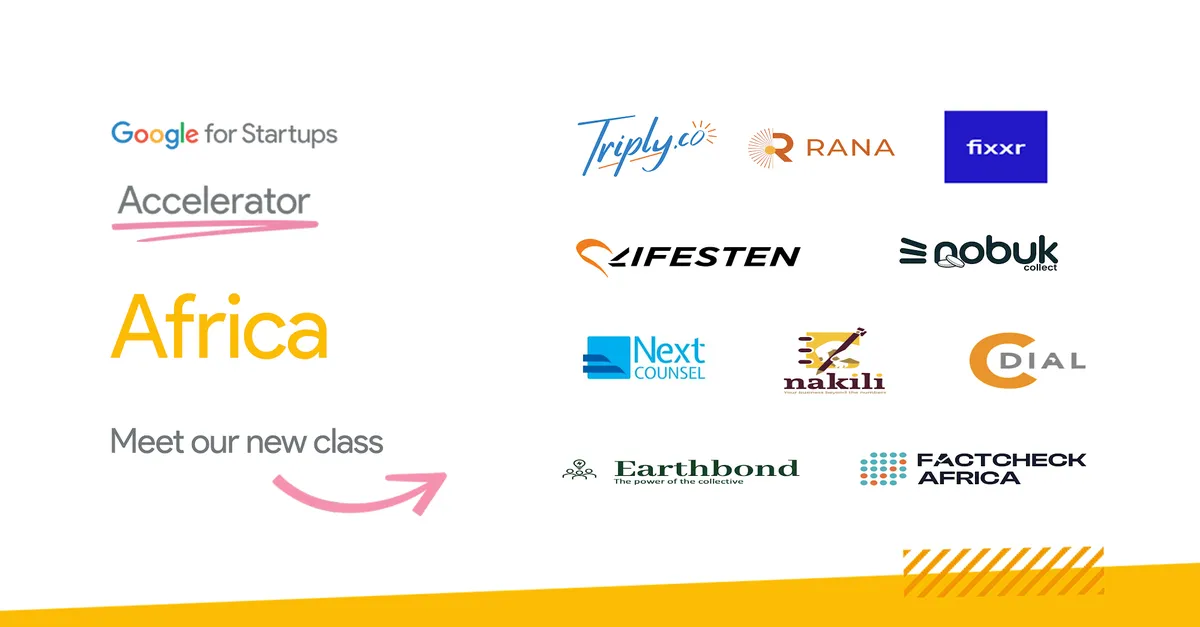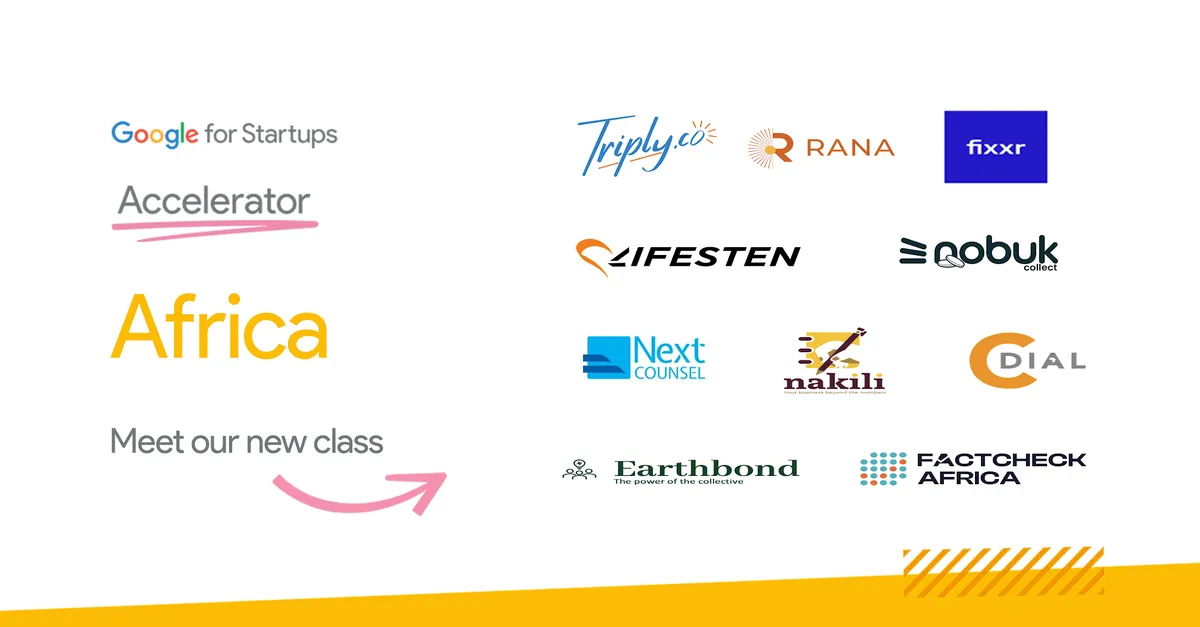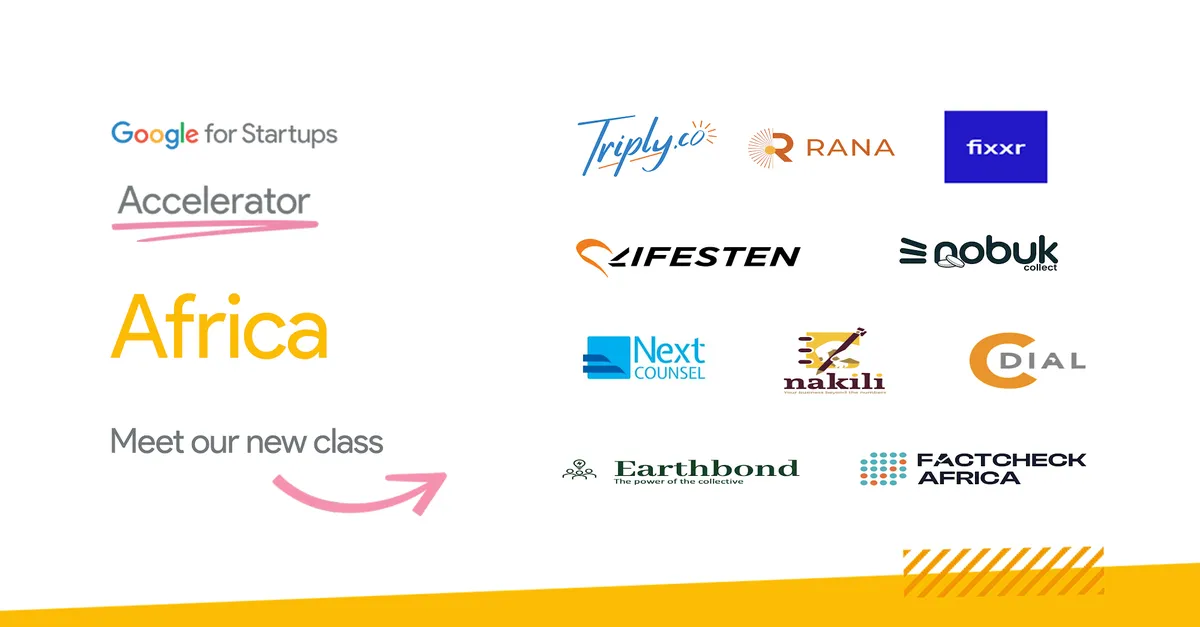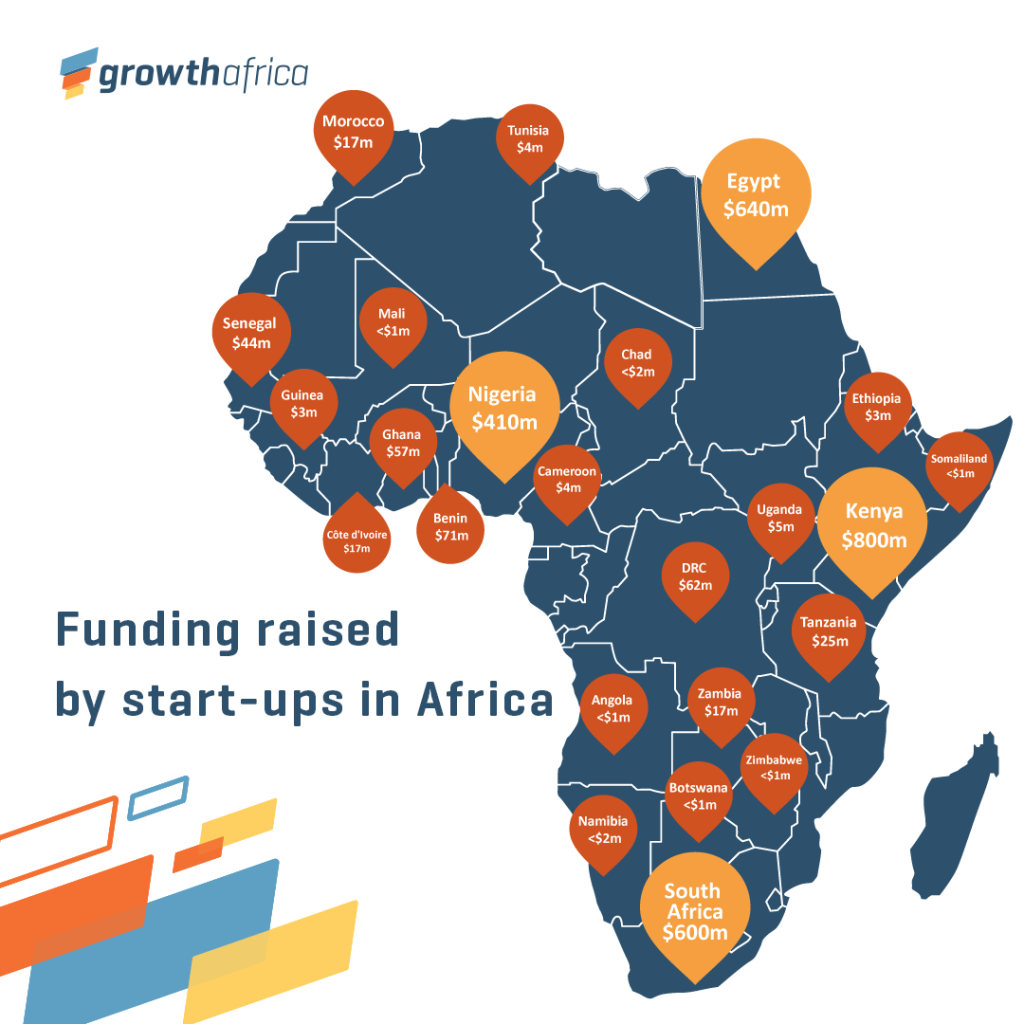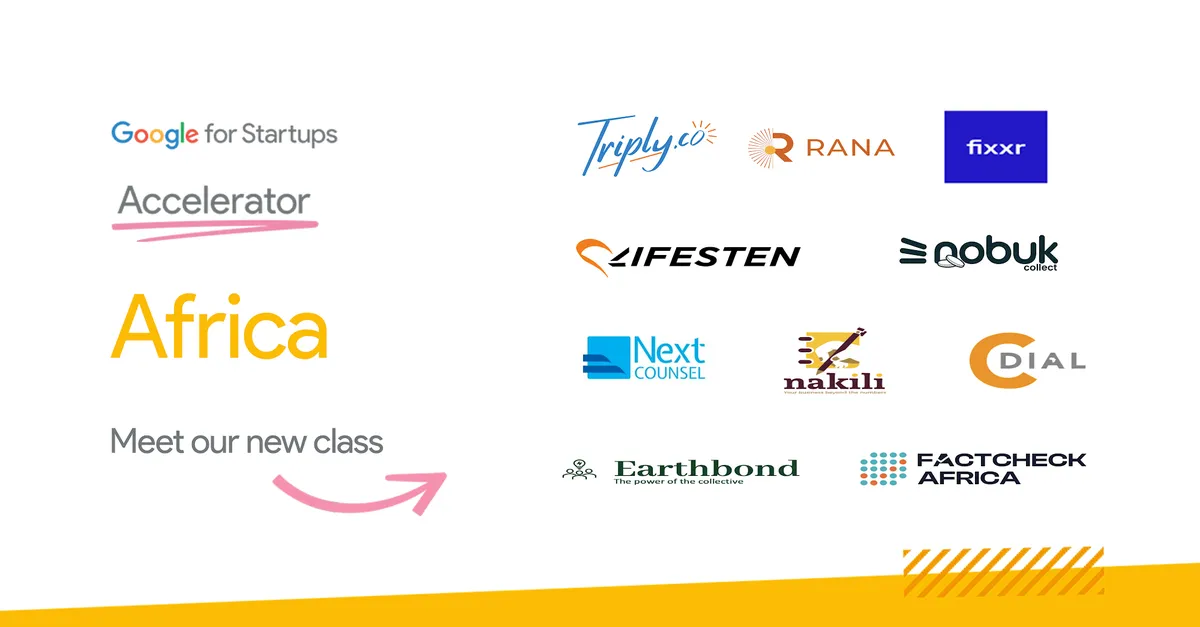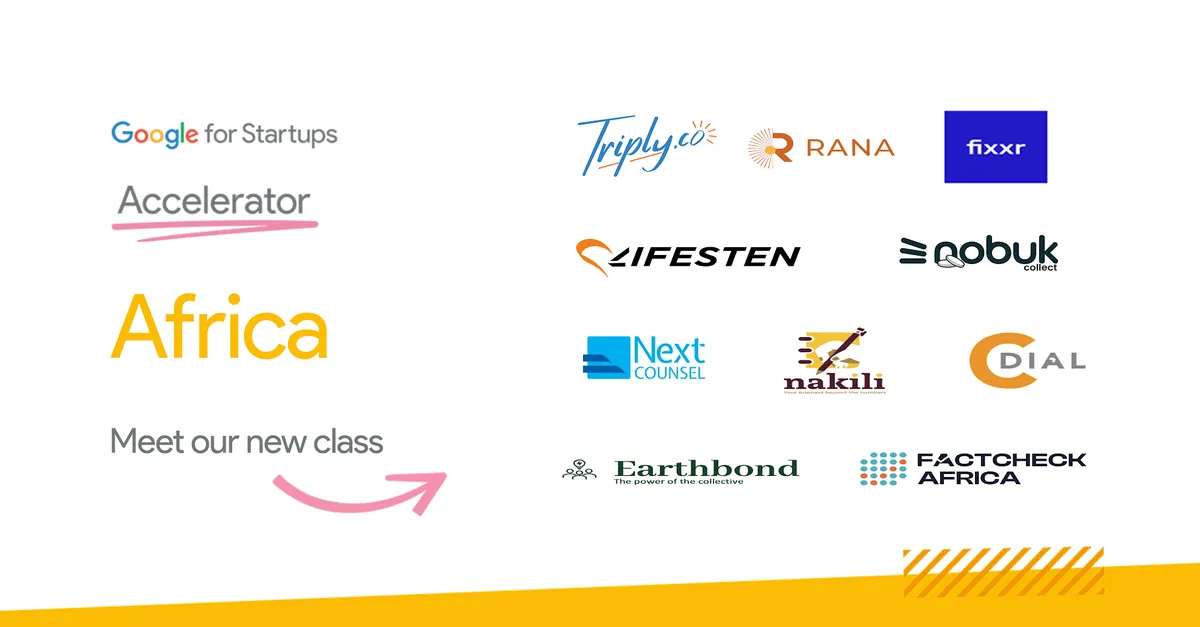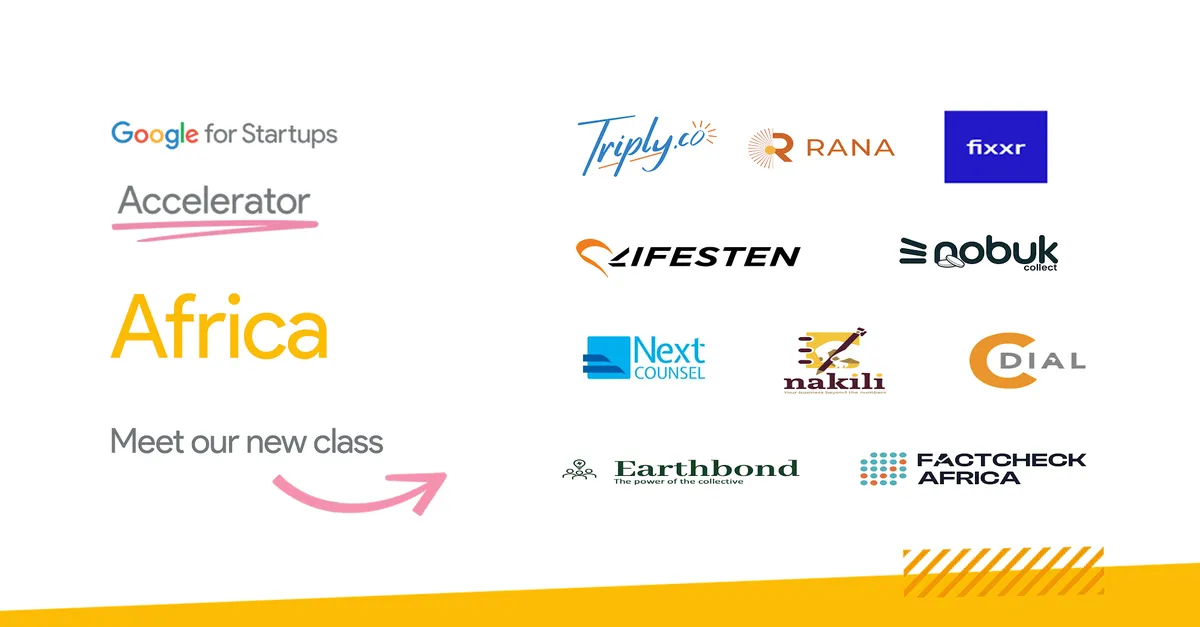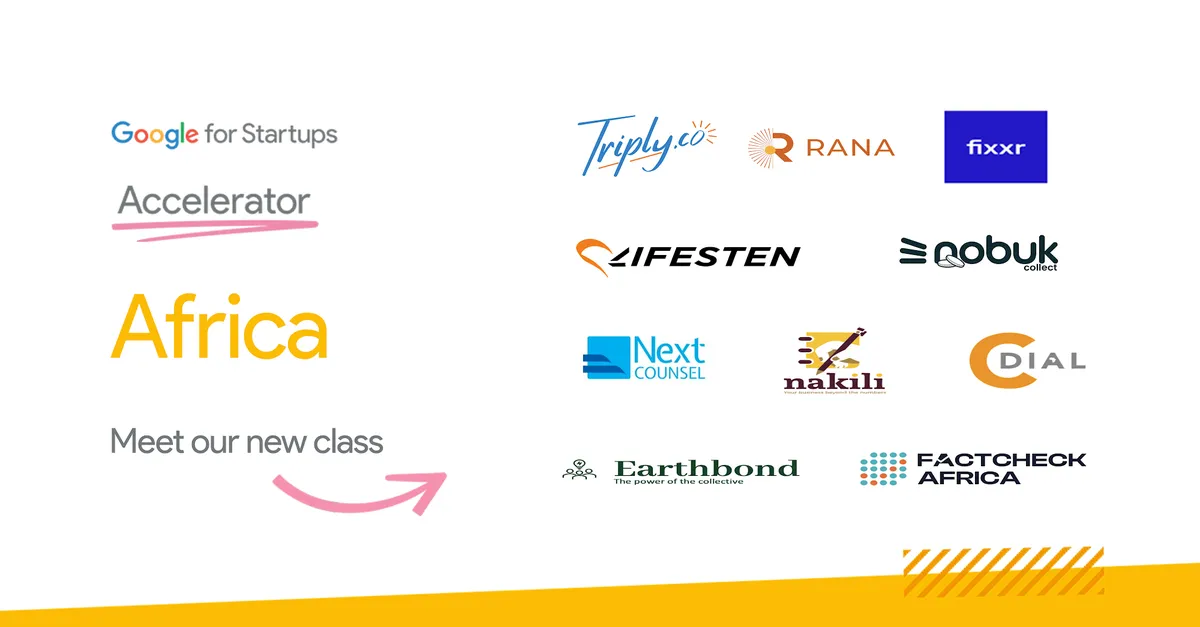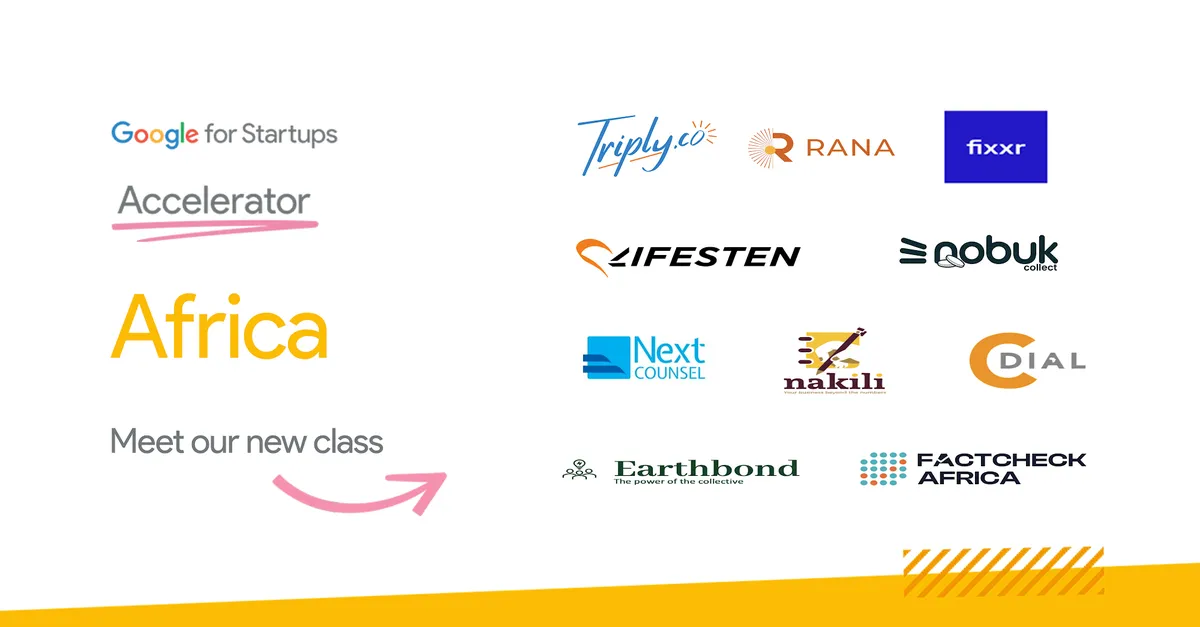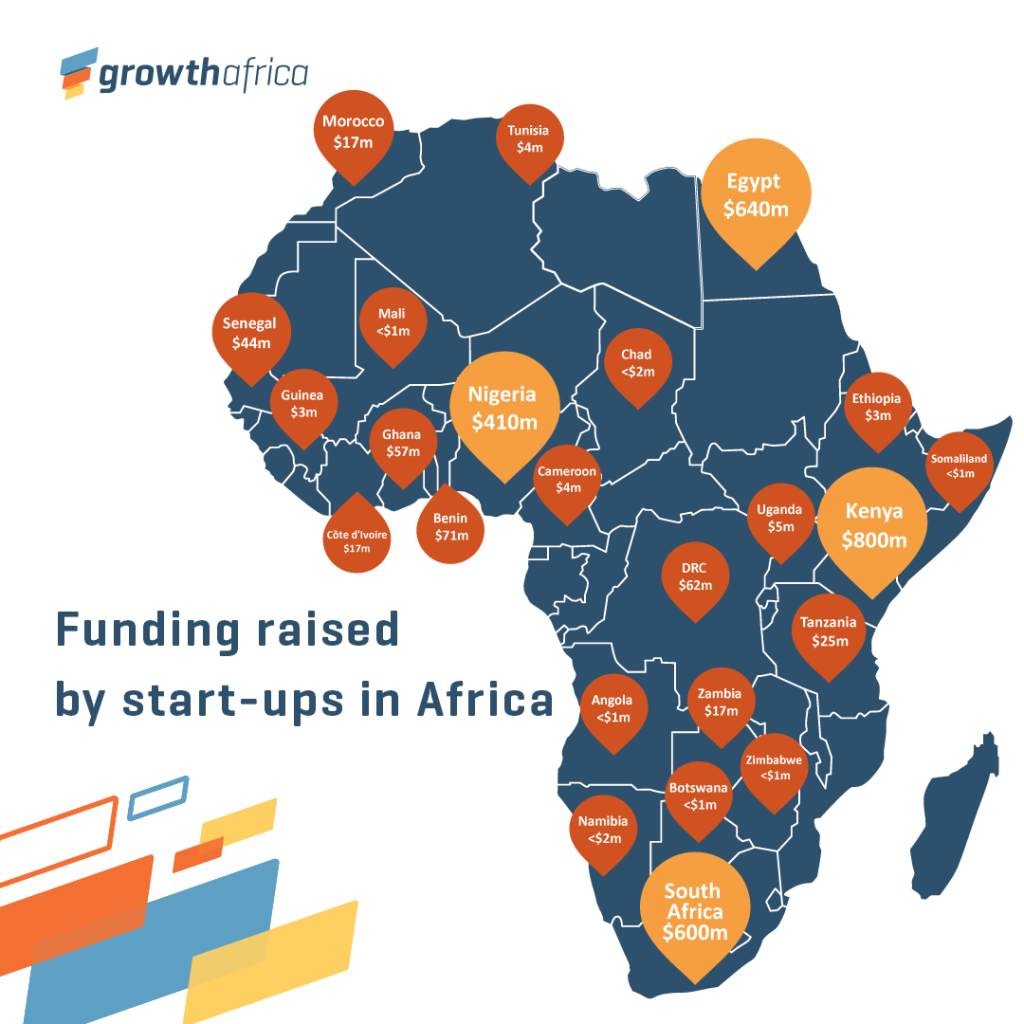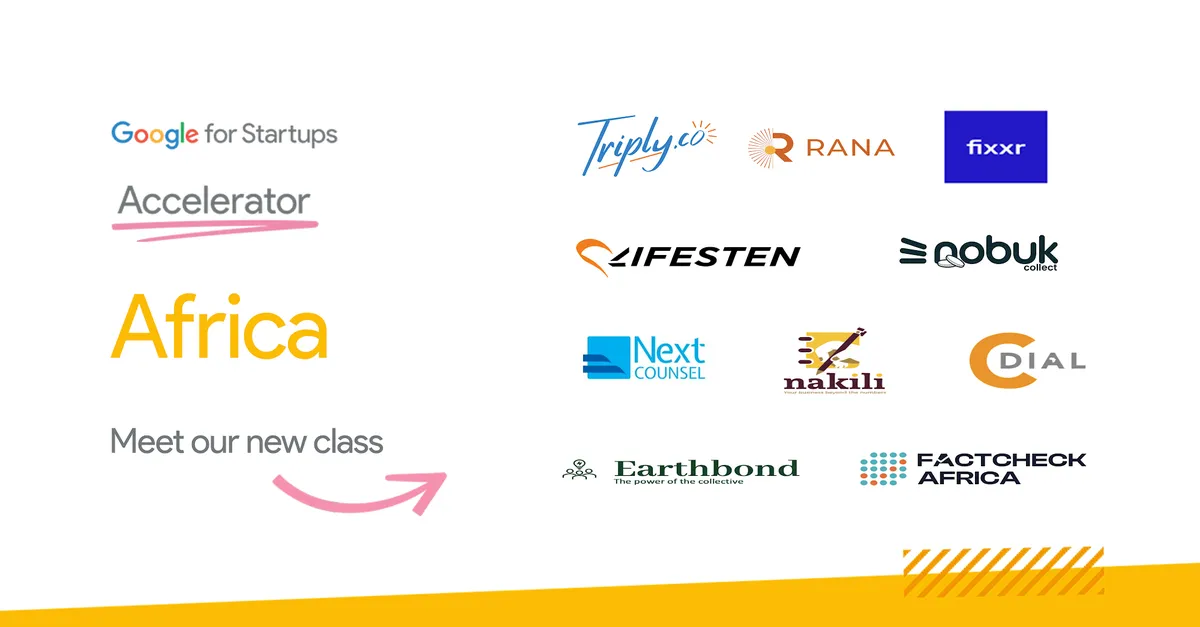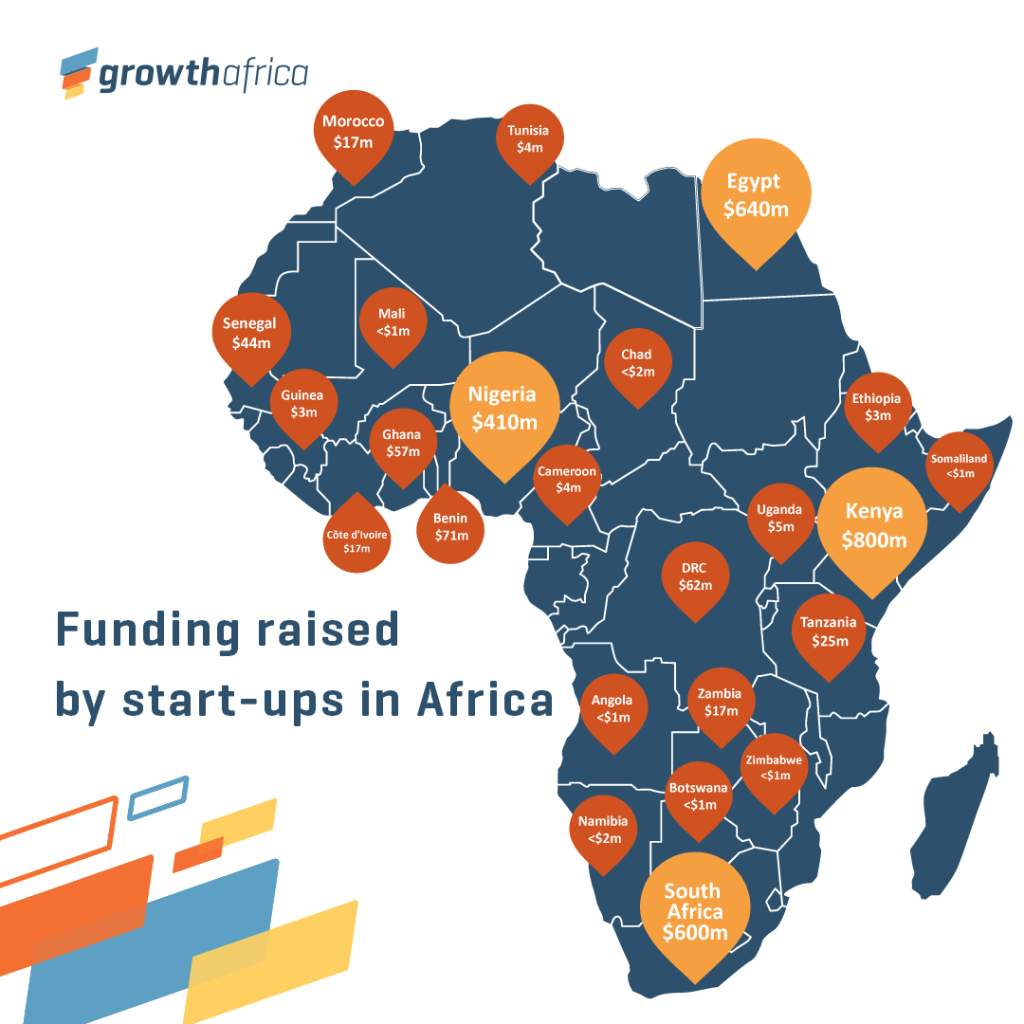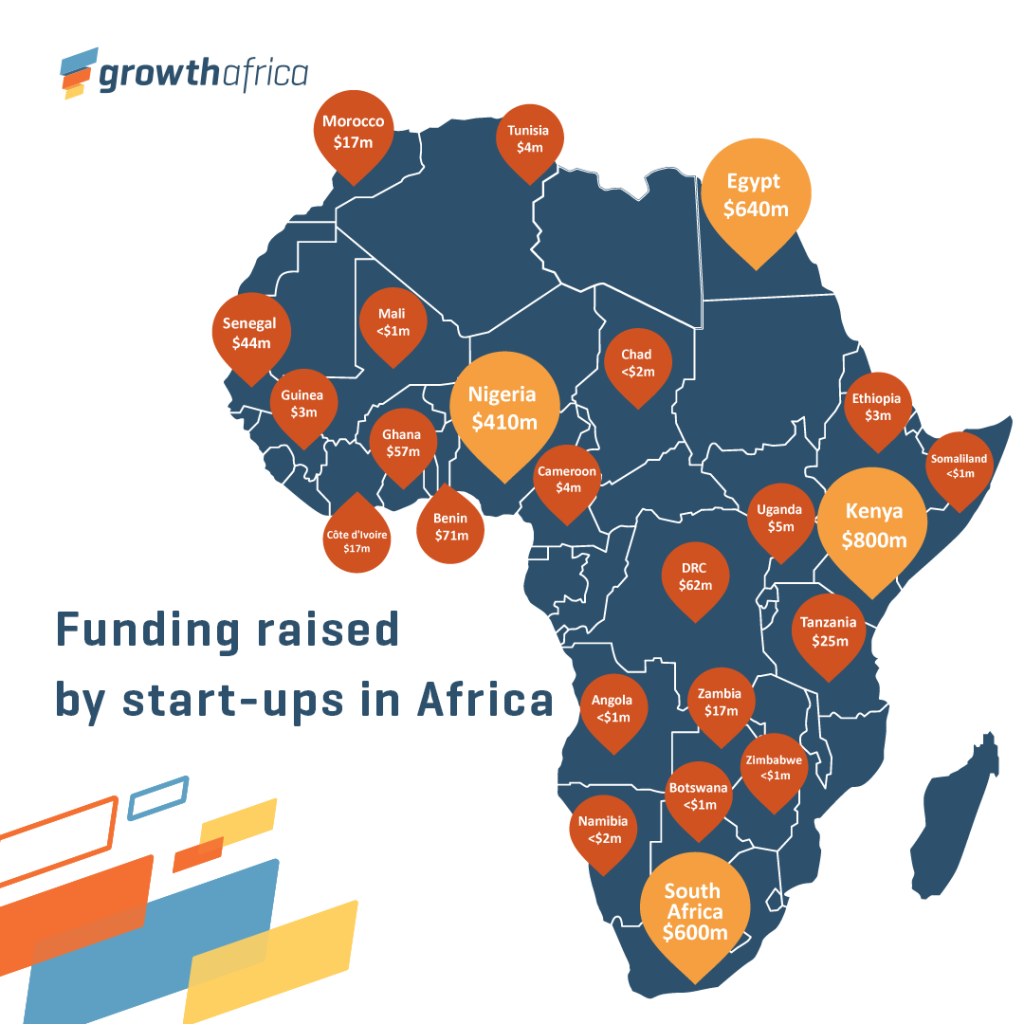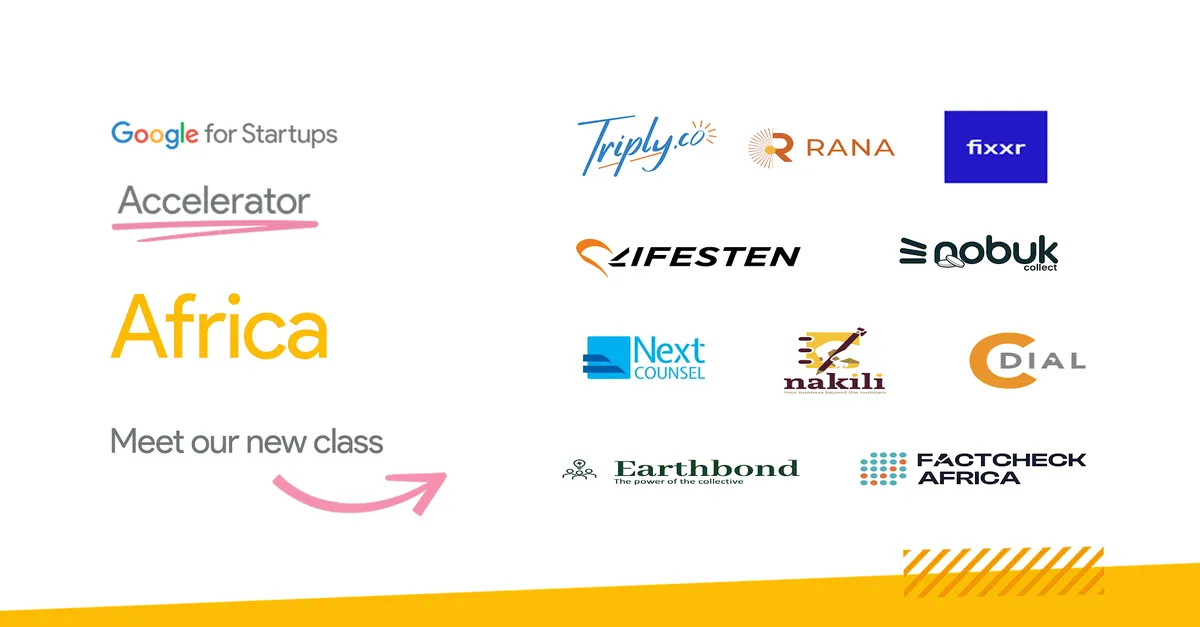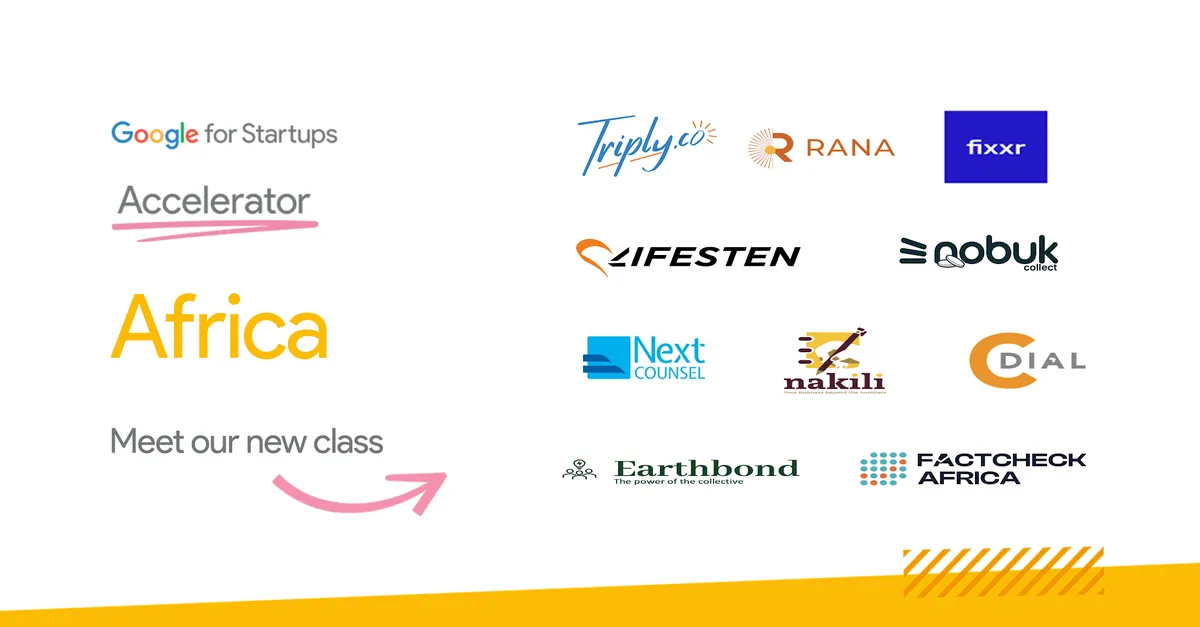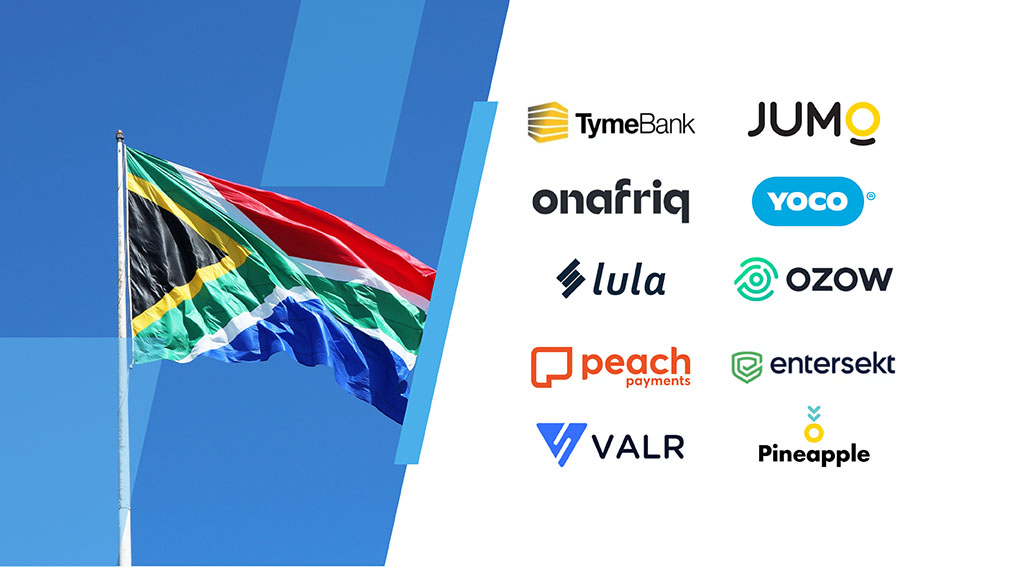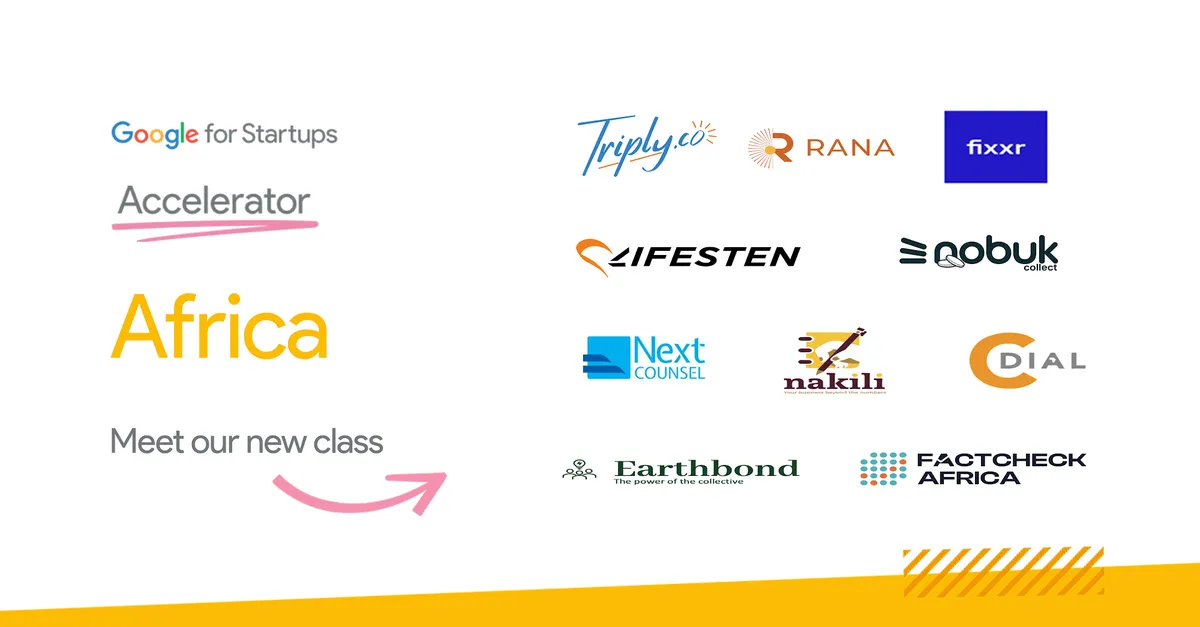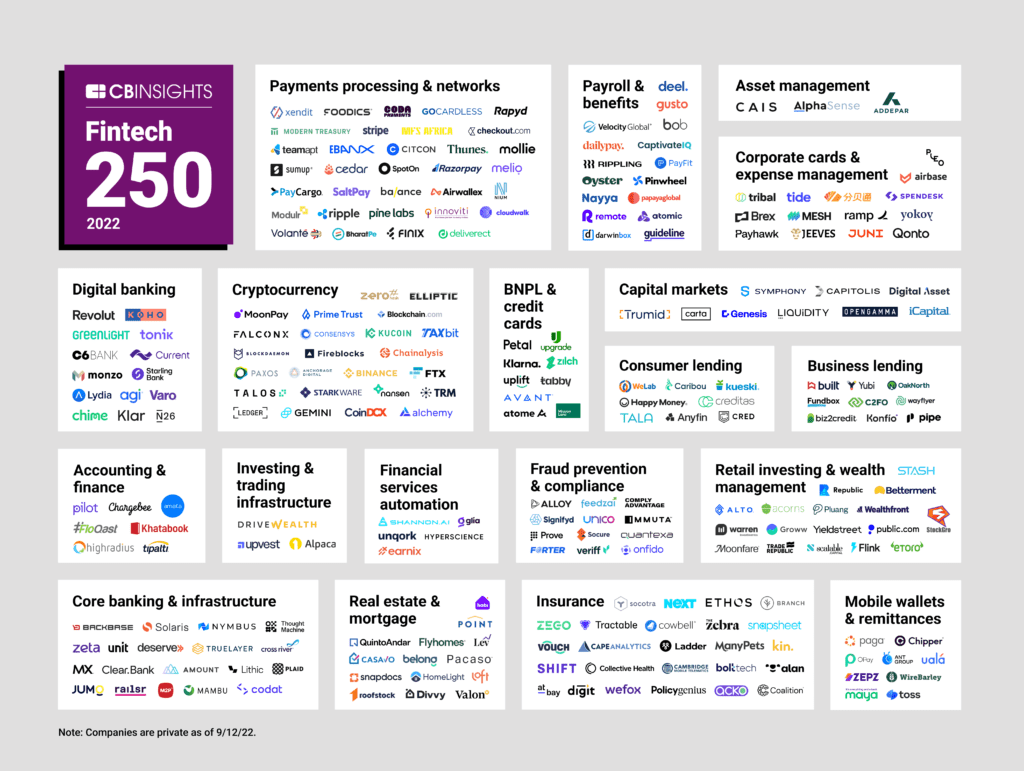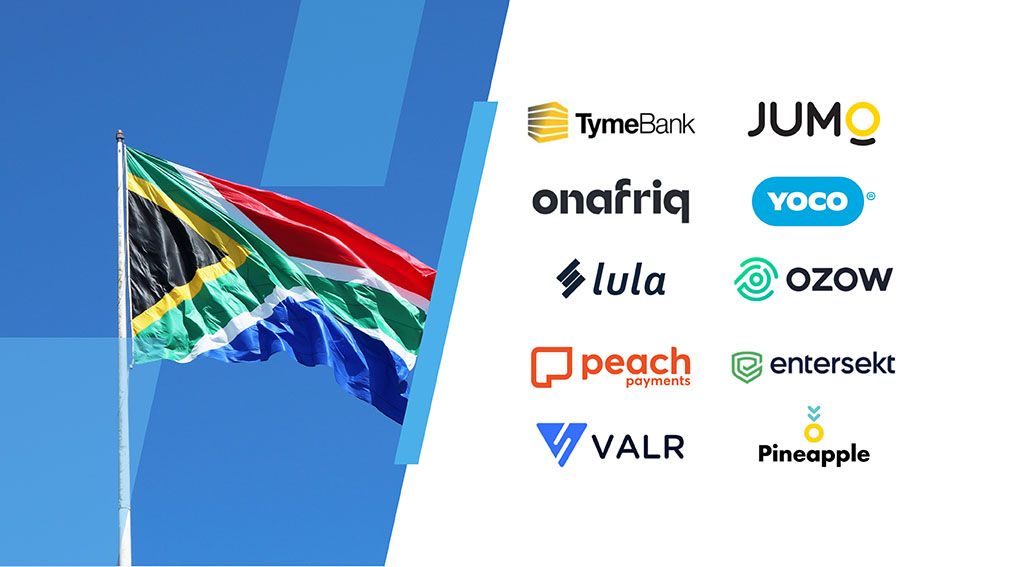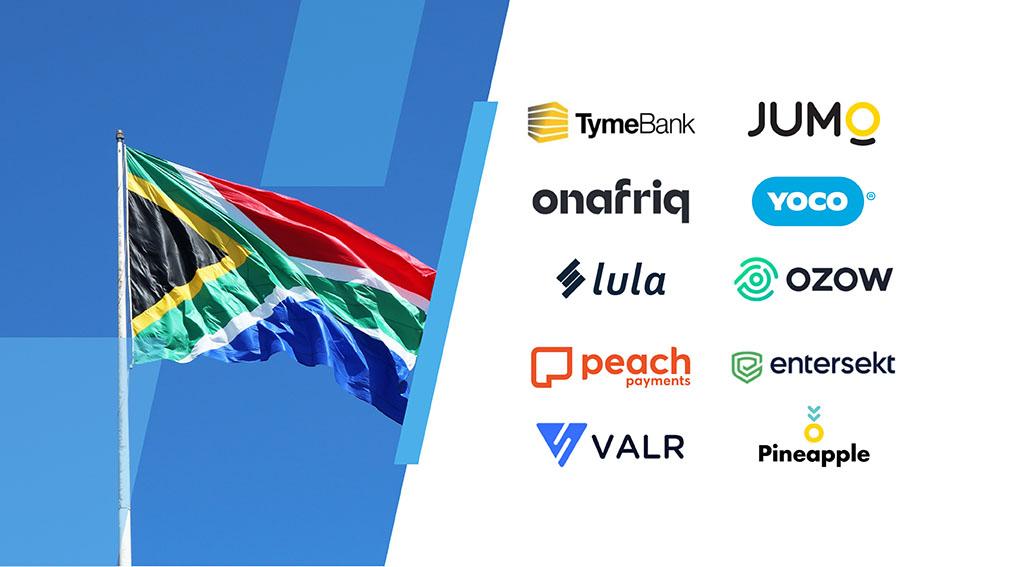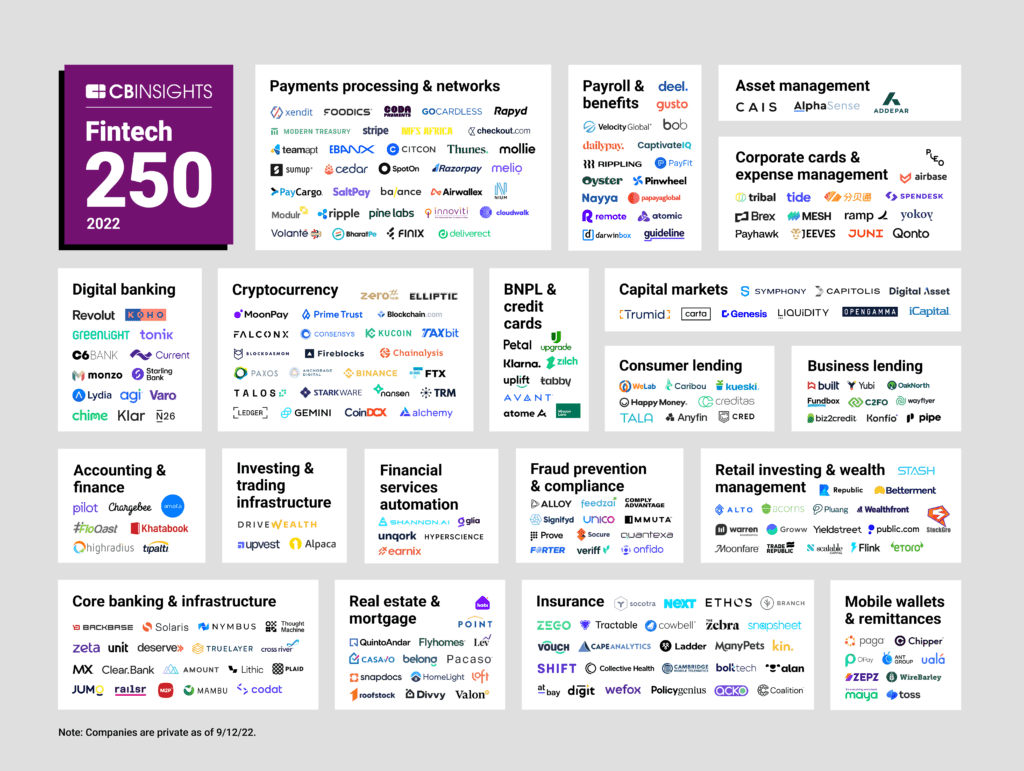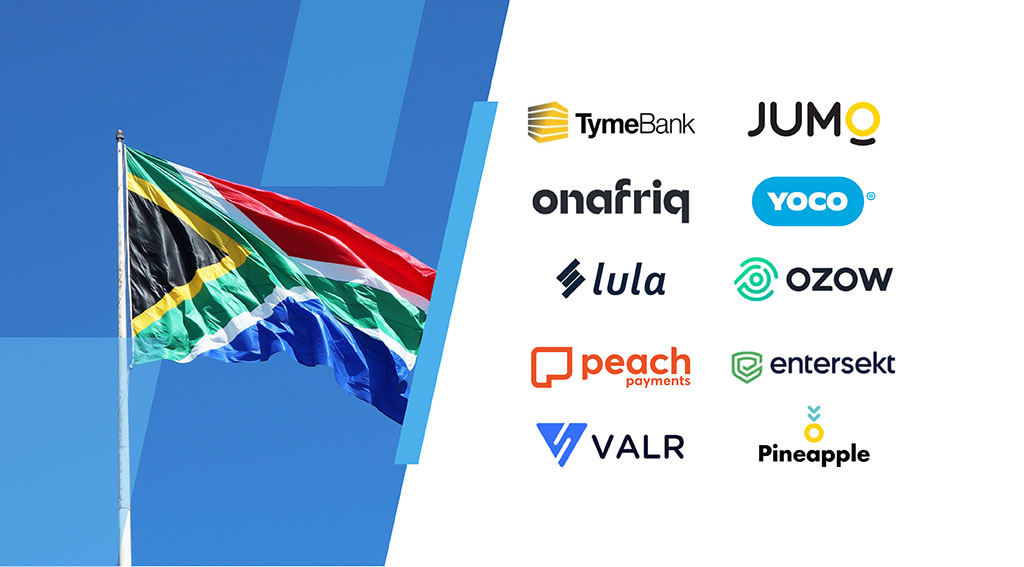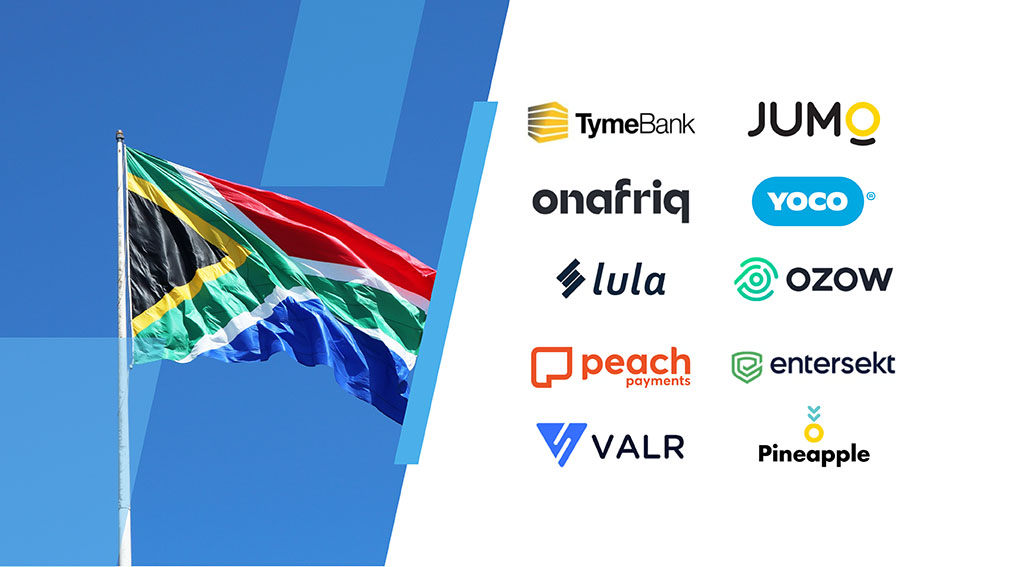
Africa’s Startup Ecosystem Reaches New Heights in 2025, Pioneering Growth Across Sectors
Africa’s tech and startup scene? It’s really taking off this year, emerging as one of the most exciting growth stories of 2025. Despite long-standing challenges like limited infrastructure and tricky policy hurdles, the continent’s startups show incredible resilience and innovation. Just in the first half of 2025, funding for African startups blew past the one-billion-dollar mark, a clear sign of a maturing ecosystem. Governments, institutions, and forward-thinking investors are definitely playing their part here. You’ll find major investment activity still centered in key markets. We’re talking about the “Big Four”: Nigeria, Kenya, South Africa, and Egypt. They’re still pulling in the most cash. But what’s really encouraging is that emerging markets, like Ghana, Tanzania, Senegal, Ivory Coast, and Tunisia, are grabbing more investor attention. This tells us innovation isn’t just stuck in the usual tech hubs. South Africa, in particular, remains a powerhouse, accounting for about 26 percent of the continent’s total funding this year. Research from Making Finance Work for Africa (MFW4A) and data from Tracxn confirm South African startups secured roughly $191 million through over 20 equity investments by mid-2025. These aren’t just small bets either; investments are spread across insurtech, healthcare technology, fintech, and agriculture logistics, showing a truly diverse and healthy ecosystem.
This surge of capital isn’t just numbers on a page; it’s fueling startups building the crucial “rails” Africa needs for development. Think financial systems, logistics networks, healthcare delivery, energy infrastructure, and smart climate solutions. These aren’t just innovations; they’re the foundation for more complex layers of the ecosystem. Fintech companies, for example, are truly revolutionizing access to digital financial services, while healthtech startups are tackling critical issues like healthcare accessibility and quality. And those logistics and energy firms? They’re closing physical infrastructure gaps, which have long slowed economic growth across the continent. Take a look at Africa’s most promising startups for 2025, and you’ll see this firsthand. A selection of 20 innovative companies, highlighted by Bloomberg and Tech in Africa, shows a new generation of entrepreneurs shaping Africa’s future. They’re layering software and digital finance over underdeveloped physical infrastructure, not only solving pressing problems but also creating inclusive systems for Africa’s rapidly growing, youthful population. Among these innovators, fintech startups really stand out. Bloomberg named four fintech pioneers from countries like Angola, Zambia, and South Africa among its top 25 African startups to watch in 2025. These companies are directly addressing financial inclusion, often targeting underbanked and informal sectors. Consider Anda, a young Angolan fintech founded in 2022. It’s transforming the motorcycle taxi industry, professionalizing it through asset financing and training. Anda helps thousands of drivers build sustainable livelihoods and raises service quality and safety. Similarly, Zambia’s eShandi, originally a microfinance institution, has evolved into a digital-first fintech providing simple, inclusive financial services to underserved individuals and businesses. And the news keeps coming: TechCrunch recently reported significant funding rounds and expansions from African startups in various sectors. Egypt’s proptech leader Nawy raised $52 million to expand across North Africa and the Middle East. Group savings platform MoneyFellows secured $13 million. B2B e-commerce startup OmniRetail attracted $20 million, and fintech unicorn Moniepoint, backed by Visa, is even taking on remittance challenges. Neobank Djamo, supported by Y Combinator, raised $17 million and already serves a million users in Francophone Africa, proving the continent’s keen interest in accessible digital banking.
Beyond the individual success stories, Africa’s venture capital ecosystem is also changing at a rapid pace. Institutions like the International Finance Corporation (IFC), a major global development institution focused on private sector growth, have played a vital role, championing and investing in these startups. The IFC’s global reach and expertise funnel crucial resources into Africa’s tech companies, helping drive economic development and create jobs in emerging markets. By mobilizing capital, sharing knowledge, and fostering partnerships, organizations like the IFC help these startups scale solutions that genuinely improve millions of lives. What’s next for Africa’s startup sector? It looks set for a truly transformative decade. That momentum from 2025 should only accelerate as more startups mature, government support strengthens, and investor confidence deepens. Continuing to tackle foundational infrastructure challenges, alongside advances in digital finance, healthcare, logistics, and energy, promises to unlock vast new economic opportunities and boost quality of life everywhere on the continent. For investors, entrepreneurs, and policymakers, Africa isn’t just another market. It’s a dynamic laboratory of innovation, where unique local challenges inspire scalable, inclusive models. As these startups essentially build the continent’s operating system, their successes offer a powerful blueprint for sustainable growth that balances technology with vital social impact in these fast-changing markets. The stage is definitely set for Africa’s tech ecosystem to not just grow, but to truly thrive, reshaping economic landscapes and global perceptions in the process.

